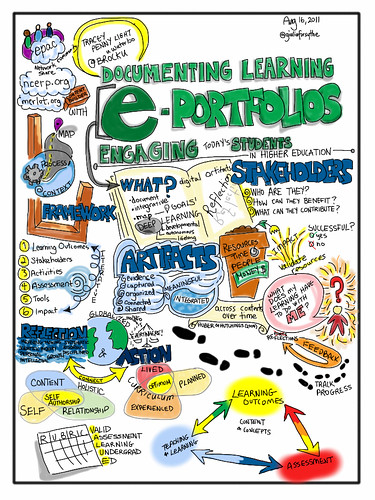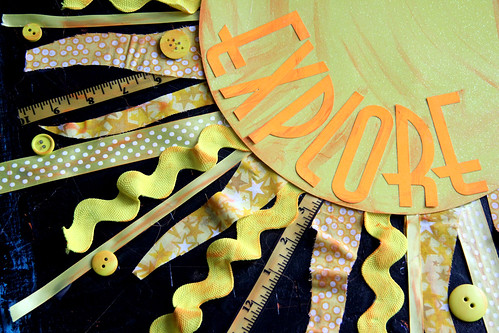- True-false staments about the Baroque orchestra
- True-false staments about Romania
- Loop activity on the Renaissance
- Basic organizer
In addition to that here is a so called "canned" strategy from SIOP that may be very useful to analyse different types of questions students must learn to ask in order to learn a given topic.















